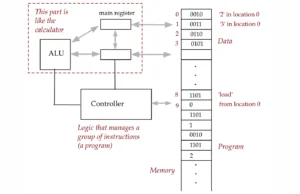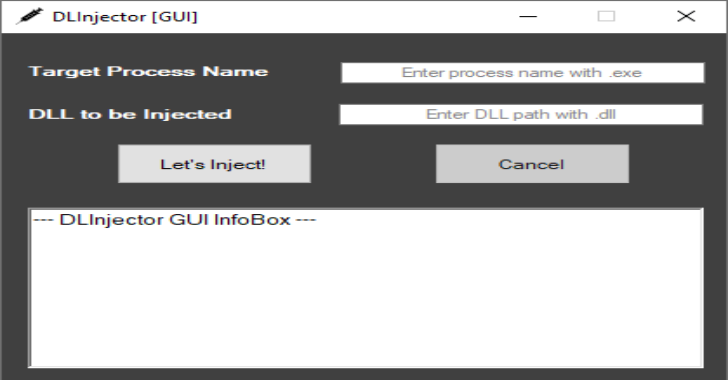Fail2Ban scans log files like /var/log/auth.log and bans IP addresses conducting too many failed login attempts. It does this by updating system firewall rules to reject new connections from those IP addresses, for a configurable amount of time.
Fail2Ban comes out-of-the-box ready to read many standard log files, such as those for sshd and Apache, and is easily configured to read any log file of your choosing, for any error you wish.
Though Fail2Ban is able to reduce the rate of incorrect authentication attempts, it cannot eliminate the risk presented by weak authentication. Set up services to use only two factor, or public/private authentication mechanisms if you really want to protect services.
This README is a quick introduction to Fail2Ban. More documentation, FAQ, and HOWTOs to be found on fail2ban(1) manpage, Wiki, Developers documentation and the website: https://www.fail2ban.org
Also Read – Pockint : A Portable OSINT Swiss Army Knife for DFIR/OSINT Professionals
It is possible that Fail2Ban is already packaged for your distribution. In this case, you should use that instead.
Required:
Optional:
- pyinotify >= 0.8.3, may require:
- Linux >= 2.6.13
- gamin >= 0.0.21
- systemd >= 204 and python bindings:
- dnspython
To install:
tar xvfj fail2ban-0.11.0.tar.bz2
cd fail2ban-0.11.0
sudo python setup.py install
Alternatively, you can clone the source from GitHub to a directory of Your choice, and do the install from there. Pick the correct branch, for example, 0.11
git clone https://github.com/fail2ban/fail2ban.git
cd fail2ban
sudo python setup.py install
This will install Fail2Ban into the python library directory. The executable scripts are placed into /usr/bin, and configuration in /etc/fail2ban.
Fail2Ban should be correctly installed now. Just type:
fail2ban-client -h
to see if everything is alright. You should always use fail2ban-client and never call fail2ban-server directly. You can verify that you have the correct version installed with
fail2ban-client version
Please note that the system init/service script is not automatically installed. To enable fail2ban as an automatic service, simply copy the script for your distro from the files directory to /etc/init.d. Example (on a Debian-based system):
cp files/debian-initd /etc/init.d/fail2ban
update-rc.d fail2ban defaults
service fail2ban start
You can configure Fail2Ban using the files in /etc/fail2ban. It is possible to configure the server using commands sent to it by fail2ban-client. The available commands are described in the fail2ban-client(1) manpage. Also see fail2ban(1) and jail.conf(5) manpages for further references.















